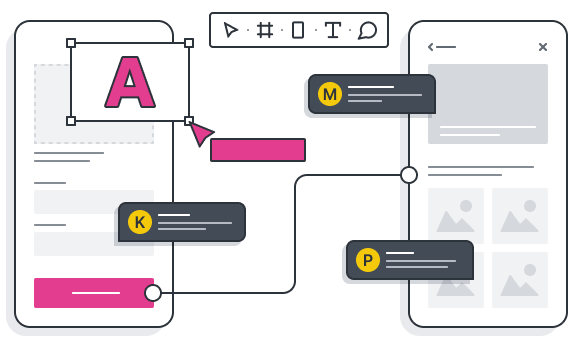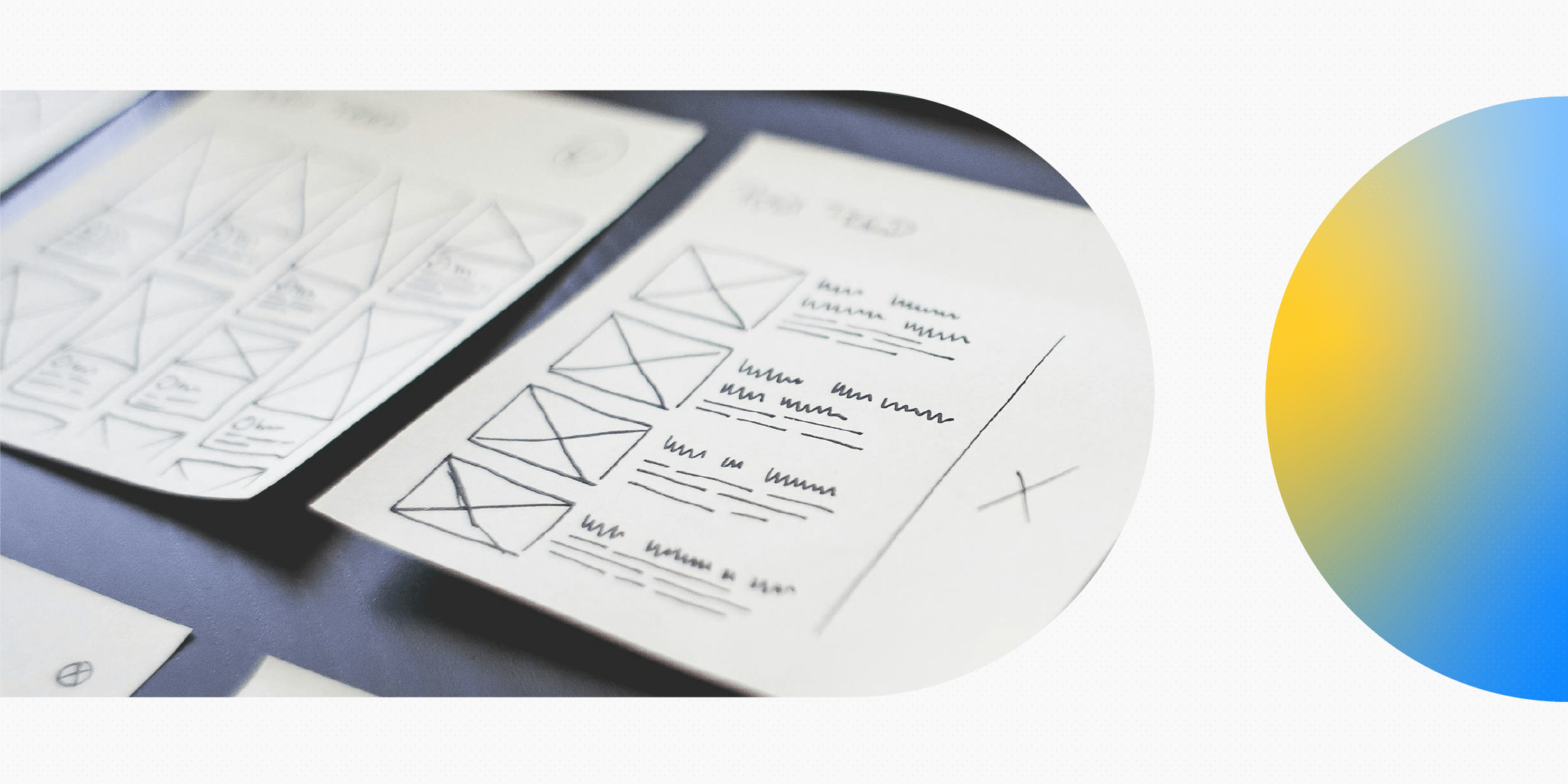Hesitant about applying for UX roles that require two or three years experience?
In this article, recruitment experts Dara Boland and Ronan McConville gave four reasons why you should apply anyway.
1. The UX industry is maturing
The UX industry has matured in recent years. However, there are many seemingly entry-level jobs that require two or three years of experience.
Compared to a few years ago, Ronan has seen a change in the number of hires: “Now you have teams being built up of 30 or 40 people in the user experience base. Not quite on par with development, but getting there. The number of positions has absolutely ballooned.”
As the industry continues to grow, employers’ expectations of UX employees are becoming more realistic.
Another sign of maturity is that companies are moving away from non-specific UX/UI roles. There’s a huge shift towards specialist roles in the industry like user researchers, interaction designers, service designers, UI designers, etc.
“That’s an incredible market when you think about where it was a couple of years ago,” Ronan reflected.
Dara agreed: “If we’re looking at the UX umbrella we’re seeing that companies are really understanding the intricacies within UX. Finally we’re seeing companies that no longer are hiring just the UX person. We’ve seen huge jumps in terms of understanding and adoption and mindset change.”
A maturer market means that employers will have a better understanding of who can do UX, especially those who are new to it.
2. Job specs are just ideal checklists
Employers want to attract the most qualified applicants possible. They will rarely write “no experience required” on a job spec, but that doesn’t mean they won’t consider it.
Demonstrating your potential and having a positive attitude can go a long way for those hoping to break into the industry.
From a recruiter’s perspective, Dara said “I think when people are writing the job specs they ideally do want someone with the two to three years’ experience, but whether or not they could find them is a different question.”
Plus, UX leaders understand that the industry can be difficult to break into when you’re starting out. Many are willing to offer advice to new UX professionals.
Dara recommends reaching out to insider UX leaders, “People in this industry are incredibly accommodating and they’re aware of how still immature it is. They will help you. A lot of it comes down to things like personality. They’re not going to know your personality from a CV. Ask them for 20 minutes of their time to get their advice” he told us.
3. Transferable skills are welcome
UX draws on so many different disciplines from psychology to development, making it a great conversion career.
Make sure to highlight these transferable skills in the hiring process. For Ronan, it’s really important to figure out what your personal brand is within the UX industry:
Know exactly what you’re passionate about, what problems you can solve. Once you do that you can put it out there in-person and online.
Explain your motivations behind becoming a UX professional, and find your unique selling points.
Ronan warns that, “if you can’t explain that in very simple terms, it’s hard for someone to really buy into you. So distil it down.”
Dara agrees: “UX is also about dealing with people and managing stakeholders, so big up your experience and draw parallels. But crucially, put yourself in the hiring manager’s shoes. Find out what’s the problem and how you’re going to solve it, just like you would in the UX project.”
4. A strong portfolio can outshine a CV
Your portfolio should make prospective employees feel confident in your UX abilities.
Dara recommends reading Who Moved My Cheese to put yourself in the hiring manager’s shoes. It looks at how the interviewer is looking for their next winner, and how you have to show them that you’re the solution. A strong portfolio is a great way to do this.
It can even outshine a CV because it can demonstrate that you have the right UX skills, tools and knowledge.
Ronan advised aspiring UX designers to focus on their portfolio:
“I would say, in the boldest terms, if I get an application for a UX role I will spend seconds looking at the CV and far, far longer at the portfolio. That’s where the quality is. A portfolio can make or break if a hiring manager will take a chance on you. Ultimately, they want to hire the best candidate to solve their problems.”




